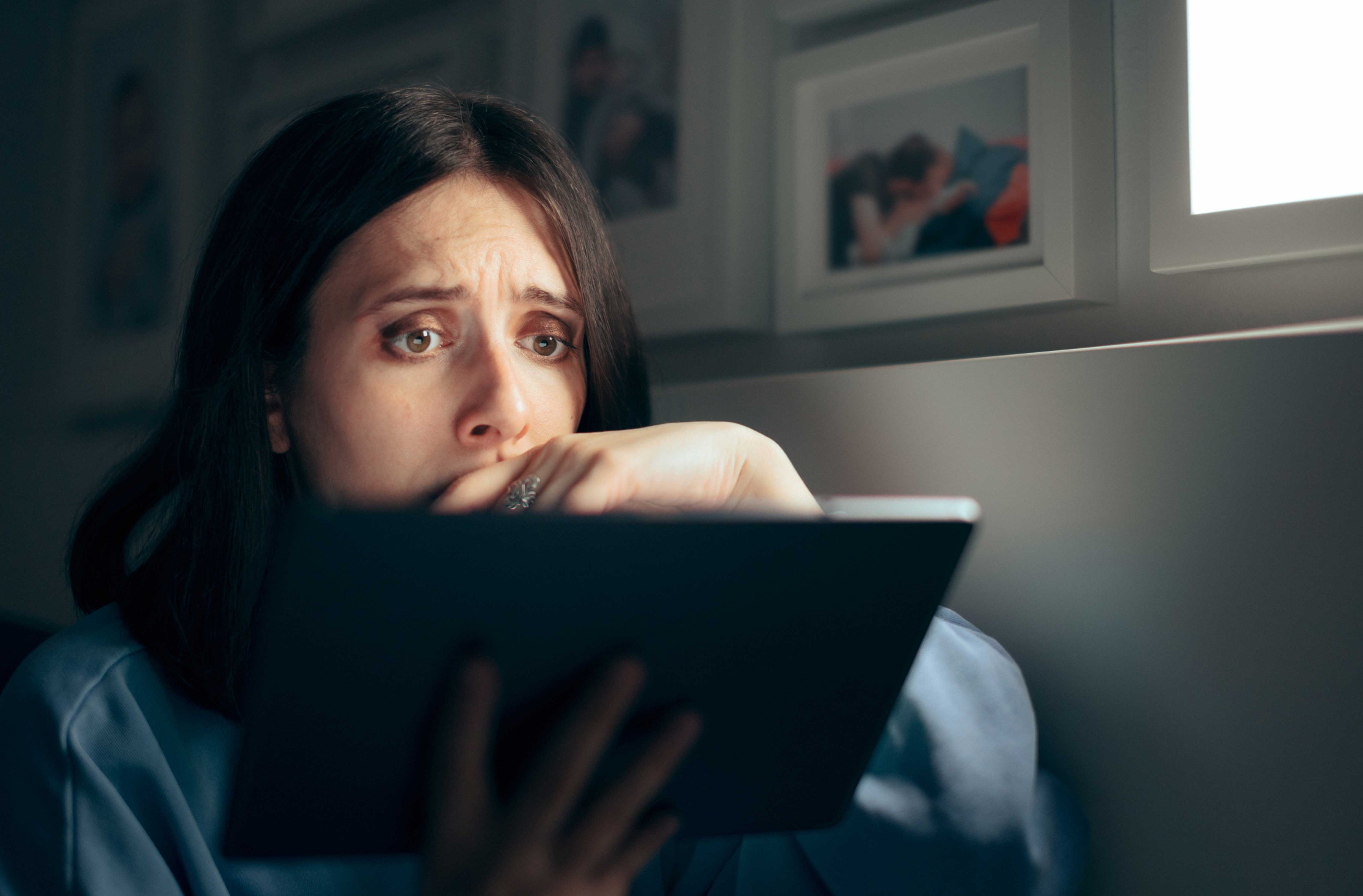The current situation in Ukraine has many of us feeling overwhelmed, distraught, and powerless.
Canadians are asking: what can we do to help?
The sad reality of living in a global society is that we will inevitably be more influenced by global events. When we see an unjust, frightening, and far-reaching conflict like the one happening in Ukraine, we can’t help but react with feelings of anxiety and inadequacy.
There are a number of reasons why the response to the conflict in Ukraine is so strong. Naturally people feel compassion for those risking their lives or dying, as well as for families that are displaced or torn apart. However, such discord hits closer to home as well. Myriad questions pop up, such as:
- What will happen to the people caught in the combat?
- What will happen here at home?
- Will global peace and democracy be threatened?
For anyone who has or is considering having children, these feelings are especially strong. For the youth, who can’t yet contextualize such conflicts in the wider scope of human history, they are also overwhelming. And people who already suffer from mental health issues will find both chemical and situational disorders heightened by current events.
It’s not a good situation, which is why so many people are asking what we can do in terms of managing well-being today. If you are similarly concerned about mental health – yours or that of a loved one – here are a few things to consider.
Factors influencing human responses to world conflict
Any time the world explodes around us, staying balanced becomes more difficult. Most people already have the workaday stressors of job, family, family and friends, home upkeep, and so forth. The following factors only increase typical frustrations and anxieties.
The global pandemic
Coming back from a worldwide health crisis and lock downs, many of us are fatigued and vulnerable. Over the past two years, we’ve been isolated and have experienced myriad difficult situations. We have:
- Missed social interactions
- Dealt with the fear of transmission of the virus and illness
- Faced economic challenges
- Lost loved ones
Together, these factors have resulted in us having little in our tanks and feeling like the reserves are empty. We’re tired, and now we’re shocked by yet another global crisis, so managing your well-being feels harder than ever.
Fear of the unknown
Russia is a nuclear power, and fear of escalation can lead to anxiety. If many countries get involved, how will that affect the safety of Canadians? What does Canada’s involvement look like?
These are unknowns that can cause us to fixate on the possible outcomes. Some people have noted doom scrolling behaviour which refers to constant scrolling through newsfeeds and media posts to learn of worst-case scenarios or potential outcomes. The need for more information can lead to increased anxiety because at this point there’s no certainty.
Lived experiences
As Canadians, many of us have firsthand or generational experience of escaping from danger and conflict. This includes witnessing violence and fleeing persecution, poverty, or famine.
Images and sounds of the current conflict can trigger memories of earlier experiences and losses. For racialized and indigenous Canadians, traumatic experiences of discrimination and victimization may also be triggered. Ditto for those of Ukrainian heritage, for whom such pictures may also cause deep reactions.
“Research on media exposure to violence and conflict indicates that being an observer comes at a real psychological cost, particularly the longer we watch, and when we have our own history of trauma,” says Mashable. [1]
Seeing refugees fleeing their homes and cities under attack reminds those who have experienced these types of situations of their own history.
Consuming news of global conflict: a vicious cycle
As you can see, it’s a lot to handle. That doesn’t mean that managing your well-being is impossible; it merely means we must work intentionally to do so.
Dr. E. Alison Holman, a researcher at the University of California who studies the physical and mental health effects of exposure to collective trauma, was asked about what to make of being an observer of the Russian invasion. She strongly recommends curtailing news consumption as a strategy for managing well-being.
Website and apps include algorithms designed to keep users scrolling, which increases exposure to disturbing images, setting us up in a vicious cycle which can be particularly harmful to survivors of past trauma.
Research shows that “past exposure to violence is associated with increased media engagement after a major traumatic event, as well as more post-traumatic stress symptoms and worry about the future. In turn, this appears to trigger a cycle in which the person is at greater risk for consuming media coverage of subsequent violent events and experiencing higher acute stress following those incidents.” [2]
Pro tips for managing well-being in today’s world
The best action we can take is to set boundaries and change some of our habits like limiting our news consumption, particularly of images of violence and destruction.
This is not to suggest we ignore or turn away from global conflicts but that we manage our experiences of it. Encouraging more healthy activities and social interactions will lead to better outcomes. Here are a few tips for managing mental health in the current situation:
- Listen to, watch, and read news from trusted sources only
- Limit scrolling and avoid constantly reading social media
- Take time off social media and television news networks
- Participate in a good mix of other activities like exercise, socializing, and walking outside
- Find ways to contribute positively to relief efforts or support refugees
Together, these activities will provide significant relief. They won’t erase the knowledge that bad things happen elsewhere, but they will return a feeling of control to the individual’s life, which in turn will lead to greater serenity.
Make mental and physical health clear priorities
Managing well-being involves more than a decision to be more or decrease news consumption. It’s also important to prioritize mental health on a systemic level, which is where employers, educational institutions and public health establishments come in. Each is uniquely situated to influence many people at one time, bringing them the help they need to face global conflict with more equanimity.
Would you like to learn more about how you can positively benefit your community while helping your business succeed? The People Corporation would love to discuss your options for managing well-being, so please get in touch right away.
Original article written by Judy Plotkin, Vice President, Health Solutions
Revised by People Corporation
References
-
Media exposure to mass violence events can fuel a cycle of distress Rebecca R Thompson, Nickolas M Jones, E Alison Holman, 2019
-
Mental- and physical-health effects of acute exposure to media images of the September 11, 2001, attacks and the Iraq War, Roxane Cohen Silver E Alison Holman, Judith Pizarro Andersen, Michael Poulin, Daniel N McIntosh, Virginia Gil-Rivas, 2013

Judy Plotkin, M.S.W, People Corporation’s V.P. of Health Solutions holds a Bachelor of Arts and Social Work degree from Ryerson University and a Master of Social Work from the University of Toronto. She has over 25 years of progressive leadership expertise in the employee assistance, disability management, and workplace wellness industry and experience in trauma counselling and building psychologically safe workplaces.



